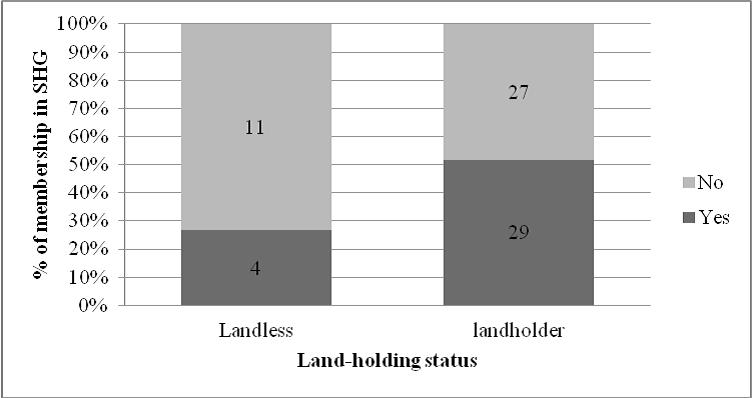Climate Change
Climate variability and change in the Himalayas: Community perceptions and responses - An ICIMOD study
Posted on 22 Feb, 2012 05:30 PMThe general objectives of the assessments were:
Impacts of climate change on public health in India - Future research directions - Paper published in Environmental Health Perspectives
Posted on 19 Feb, 2012 11:00 PMThis paper published in the journal Environmental Health Perspectives reviews the current state of the science relevant to the 2009 Joint Indo–U.S. Workshop on Climate Change and Health that was held in Goa, India, and, then discusses the observed relationships between climate variability and human health specifically in relation to the Indian subcontinent, highlighting future research directions.
The paper briefly summarises relevant literature on the impacts of climate change in India and touches upon the opportunities and significant challenges associated with designing, initiating, and conducting research, as well as pursuing related public health programming to improve public health infrastructure in the face of climate change. The paper argues that such research is needed to pave the way for unique and pioneering solutions that can improve public health in the face of increasing climate variability.
Social exclusion in watershed development: Evidence from the Indo-German watershed development project in Maharashtra - A LEAD paper
Posted on 18 Feb, 2012 03:08 PMMarginalized communities are excluded from a say in the creation of policies.

The status of glaciers in the Hindu Kush-Himalayan region - A report by the ICIMOD
Posted on 17 Feb, 2012 03:00 PMThe HKH region is one of the most dynamic, fragile, and complex mountain systems in the world as a result of tectonic activity and the rich diversity of climates, hydrology, and ecology. The high Himalayan region is the freshwater tower of South Asia and has the highest concentration of snow and glaciers outside the polar regions giving it the name Third Pole.
Balati glacier, Pithoragarh district, Uttarakhand (Source: Uttarakhand and I)
Climate change in the Hindu Kush-Himalayas -The state of current knowledge - A book by ICIMOD
Posted on 16 Feb, 2012 01:10 PMThe Hindu Kush-Himalayan region has had very few resources to develop a detail scientific understanding needed to assess climatological, environmental, and other data in the past and there is very little information upon which a baseline for comparison with the present can be formed and future impacts can be anticipated.
Climate change adaptation in Himachal Pradesh - Sustainable strategies for water resources - A report by the ADB
Posted on 16 Feb, 2012 10:29 AMIt includes the present and planned water utilisation across sectors and uses, within a framework of environment, conservation and sustainability. It also examined the present institutional arrangements for water resources management and assessed the requirements for institutional development, improvement in data collection and analysis, catchment and agriculture planning, and other reforms required to ensure sustainable water resources management.
UNDP calls for submissions to Cartoon Contest on Climate Change – Apply by February 21, 2012
Posted on 16 Feb, 2012 09:00 AM 
Description:
The Human Development Report (HDR) Unit of the Asia-Pacific Regional Centre, UNDP, Bangkok is hosting a cartoon contest on Climate Change and Human Development in Asia-Pacific, in partnership with the Office for Regional Cooperation of the Embassy of France in Thailand.
Climate: Observations, projections and impacts - India - A report by the Met Office (UK)
Posted on 15 Feb, 2012 03:25 PMThis was done as a part of a project that aimed at compiling scientifically robust and impartial information on the physical impacts of climate change for more than 20 countries.
Adaptation to climate change with a focus on rural areas and India - A document by GTZ (India)
Posted on 15 Feb, 2012 01:59 PMIt aims to strengthen the capacities of rural communities in India to live with climate variability and change. The work includes supporting governments of four partner states of Rajasthan, Tamil Nadu, Madhya Pradesh and West Bengal, local communities and other relevant stakeholders in identifying, developing and carrying out adaptation measures in pilot regions.
SICRISA invites applications for fellowships & writing workshops for climate change researchers - Apply by February 21, 2012
Posted on 03 Feb, 2012 09:29 AM‘Support to Improve Climate Research and Information Services in South Asia’ (SICRISA) is a two-year project which aims to increase the quality and quantity of climate change research from South Asia. This will be achieved by training and mentoring South Asian scientists through fellowships and writing workshops, and by publishing two special editions of journals.





